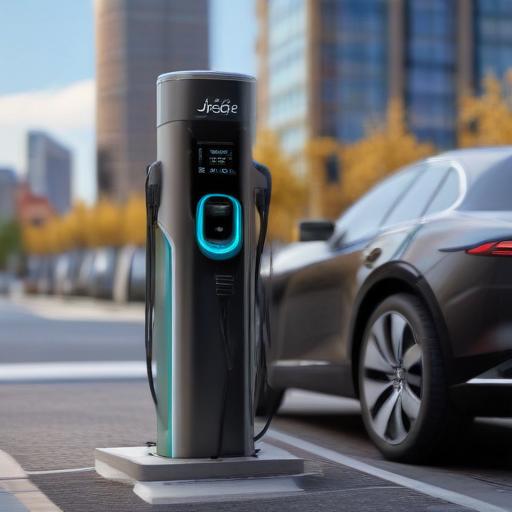Lucid Group’s partnership with Uber Technologies is fueling optimism on Wall Street, with analysts seeing the deal as a transformative milestone for the EV maker. Announced on September 18, 2023, Uber has agreed to purchase 20,000 Lucid vehicles and inject $300 million in cash, a move that underscores the ride-hailing giant’s confidence in Lucid’s technology stack.
The alliance positions Lucid to shift from a pure manufacturing operation toward a broader role as a technology supplier in the electric-vehicle ecosystem. Analysts estimate the deal could become a major growth catalyst, with potential sales upside in the 45% to 240% range as Lucid leverages Uber’s fleet-scale demand to accelerate adoption of its vehicles and software solutions. The investment and vehicle deal are viewed as a vote of confidence in Lucid’s capabilities to scale and innovate beyond traditional car production.
A key part of the story is the potential for Lucid to bring mass-market offerings to market in 2026. Uber’s commitment not only provides a sizable early order book but also signals a path for Lucid to broaden its customer base and distribution reach through fleet deployments and enterprise partnerships. The partnership is seen as a way for Lucid to monetize its technology stack—ranging from battery and powertrain efficiency to software-enabled features—by integrating with a major mobility platform.
Nevertheless, investors should weigh certain risks. Lucid has faced ongoing profitability challenges, and the mass-market program has faced leadership and strategic questions in the past. The departure of CEO Peter Rawlinson in 2023 is noted as part of the backdrop to the current strategy. The broader EV market remains highly competitive, with established players like Tesla and other new entrants vying for scale, cost leadership, and compelling software-enabled services. The ability to raise and sustain capital to bring new models to market remains a critical factor for Lucid’s longer-term success.
What this deal could mean for Lucid’s trajectory
– Scale and credibility: A large, high-profile fleet deal with a major ride-hailing company signals validation of Lucid’s technology and a potential pathway to broader enterprise partnerships.
– Technology-led growth: By transitioning toward a tech-centric business model, Lucid could monetize software, connectivity, and battery innovations beyond selling vehicles.
– Path to mass market: The near-term plan for affordable models in 2026 could broaden Lucid’s addressable market if the company can achieve cost targets and reliability at scale.
– Financial dynamics: The cash infusion and pre-arranged orders help de-risk near-term capital needs and could accelerate product development, though profitability and capital efficiency will continue to draw scrutiny.
Additional comments and context
– The partnership aligns with a broader industry trend where automakers team up with tech-focused groups to accelerate electrification and software-defined mobility. If Lucid can execute its mass-market ambitions and maintain strong software capabilities, Uber’s fleet could become a proving ground for Lucid’s technology stack.
– Stakeholders will be watching for updates on production ramp, vehicle pricing, unit economics, and the integration of Lucid’s software features with Uber’s platform. The ability to translate a high-profile OEM-operator arrangement into sustainable, long-term profitability remains the key test for Lucid.
Statement for readers
The Lucid-Uber deal marks a notable shift in strategy for Lucid, from a manufacturer to a technology-enabled mobility partner. With a substantial upfront order and a cash infusion, the collaboration has the potential to strengthen Lucid’s position in the EV landscape, while investors will seek clarity on profitability, execution, and the pace of mass-market rollout in the coming years.
Summary
Lucid Group’s partnership with Uber represents a pivotal moment for the company, combining a large vehicle order with a strategic cash investment to support a transition toward technology-focused growth. While the upside cited by analysts is meaningful, the path forward will depend on Lucid’s ability to scale production, manage costs, and deliver mass-market vehicles that meet market demand in an increasingly competitive EV space.
Positive outlook
If Lucid can translate this collaboration into scalable software-driven growth and a successful mass-market rollout, the deal could serve as a catalyst for broader adoption and long-term value creation, reinforcing confidence in Lucid’s technology and strategic direction.
